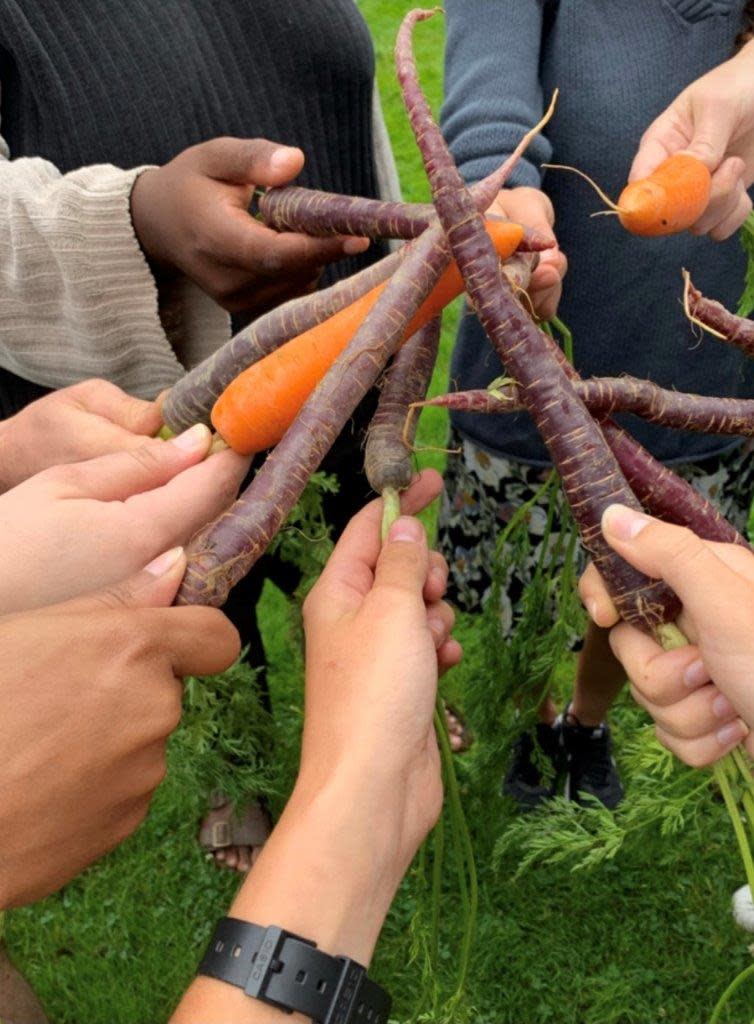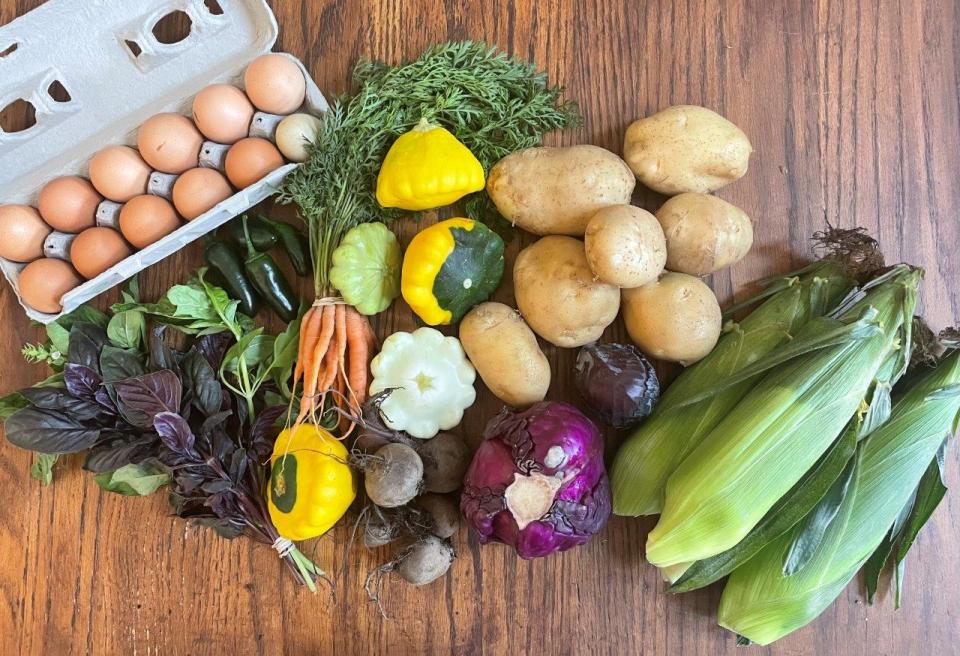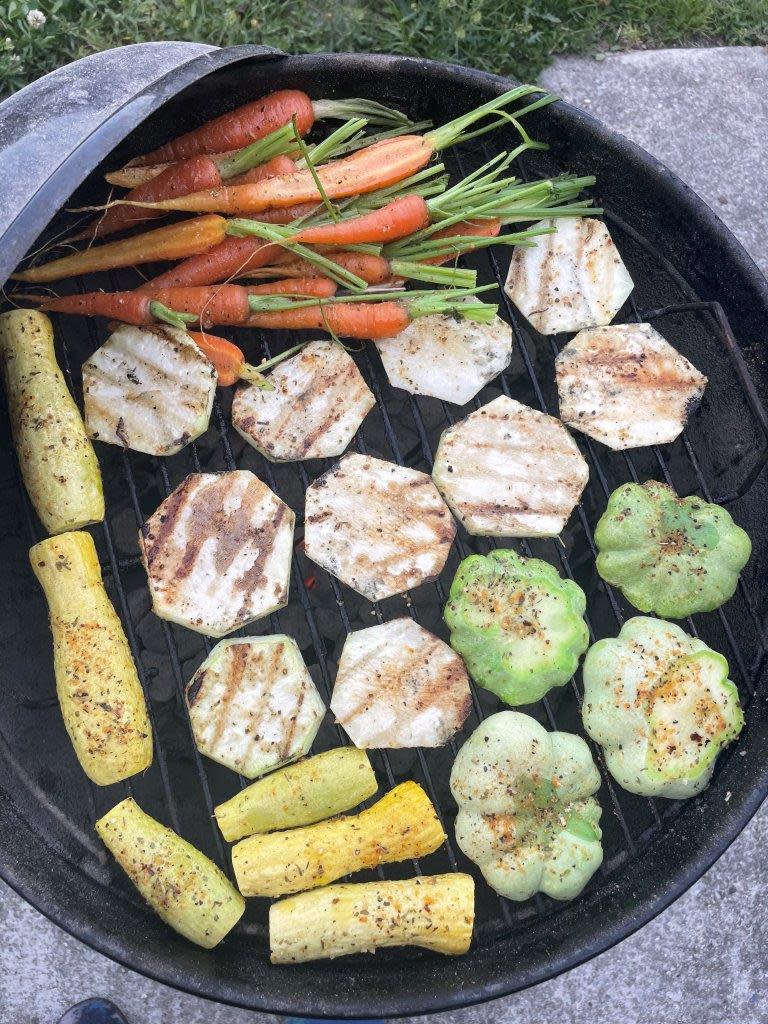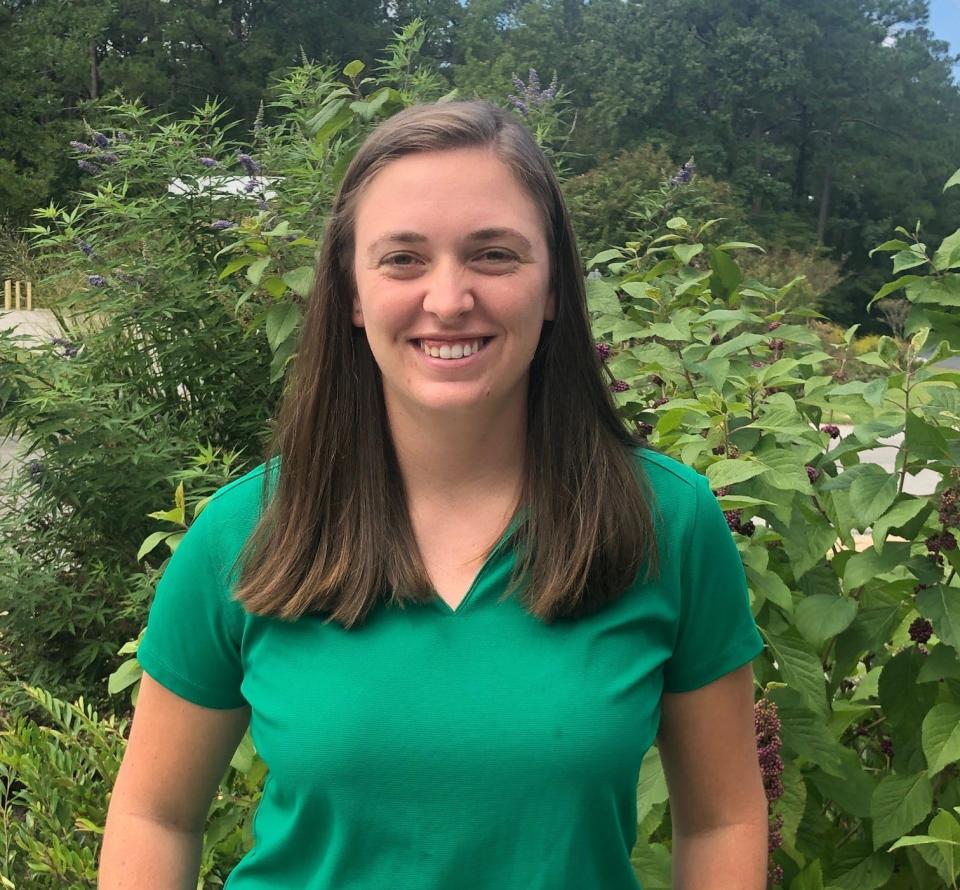Having access to safe, nutritious, affordable food makes a stronger Cape Fear

Growing up on a farm in Southeastern North Carolina, food and agriculture has always held a unique place in my heart.
My most vivid memories from childhood are around food and family: spending long, hot summer days shucking sweet corn, picking rows of butter beans from the garden, making strawberry preserves, and watching my grandmother make cheese biscuits from the same bowl her mother did.
Over the past few years I’ve spent more time thinking about food and exploring the many foods our Southeastern soils provide, which means I’ve also spent more time thinking about food accessibility and food systems here in our region.

According to data synthesized by Cape Fear Collective, areas of low food access increased by 10% across the country from 2010 to 2019; comparatively the Cape Fear region has increased by 44%. The Community Health Assessment (CHA) for New Hanover County indicates that 16% of the community are food insecure, with 21% of children living below the poverty line. Food insecurity is part of an interconnected web of factors including race, economic status, affordable housing, transportation, and adverse experiences.

Food security exists when everyone has physical, social, and economic access to enough safe, nutritious, culturally appropriate, and affordable food to sustain an active, healthy lifestyle. According to the USDA Economic Research Service, food security status is a strong predictive factor for chronic disease, which indicates that increasing food security could impact overall health and wellness.
There are several organizations and community members working toward a more food secure New Hanover County. As the new Family & Consumer Sciences Agent, I plan to work collaboratively with organizations and community members to support community-led initiatives targeting food access.

Increasing health and food security is something that we must invest in from multiple positions.
Extension programming has traditionally been focused on increasing individuals' knowledge and skills around nutrition, cooking, and budgeting. These skills are critical, however there are also opportunities to address food security on the social level in places like faith gatherings and community centers.
Are there active discussions and resources available around food security and health in these community-led institutions? Lastly, there is a structural position that includes changes to policies, systems, and environments to remove barriers to access.

I hope that you can find yourself being part of this multifaceted solution. It could be enrolling in one of our programs to enhance your own skills and knowledge. It could be serving as a community leader for health, or it could be collaborating on community initiatives to improve food access and health.
You can learn more about all these opportunities and the specific programs we offer at newhanover.ces.ncsu.edu. If you are interested in participating in a program, volunteering to teach community members in the areas of food and health, or collaborating on projects, please don’t hesitate to contact me. I can be reached at morgan_king@ncsu.edu or 910-798-7660.

Morgan King is the Family & Consumer Sciences Agent, N.C. Cooperative Extension - New Hanover County Center and Arboretum. The Arboretum is located at 6206 Oleander Drive in Wilmington and is free and open daily from 8 a.m.-5 p.m.
This article originally appeared on Wilmington StarNews: Family & Consumer Sciences Program in New Hanover County

